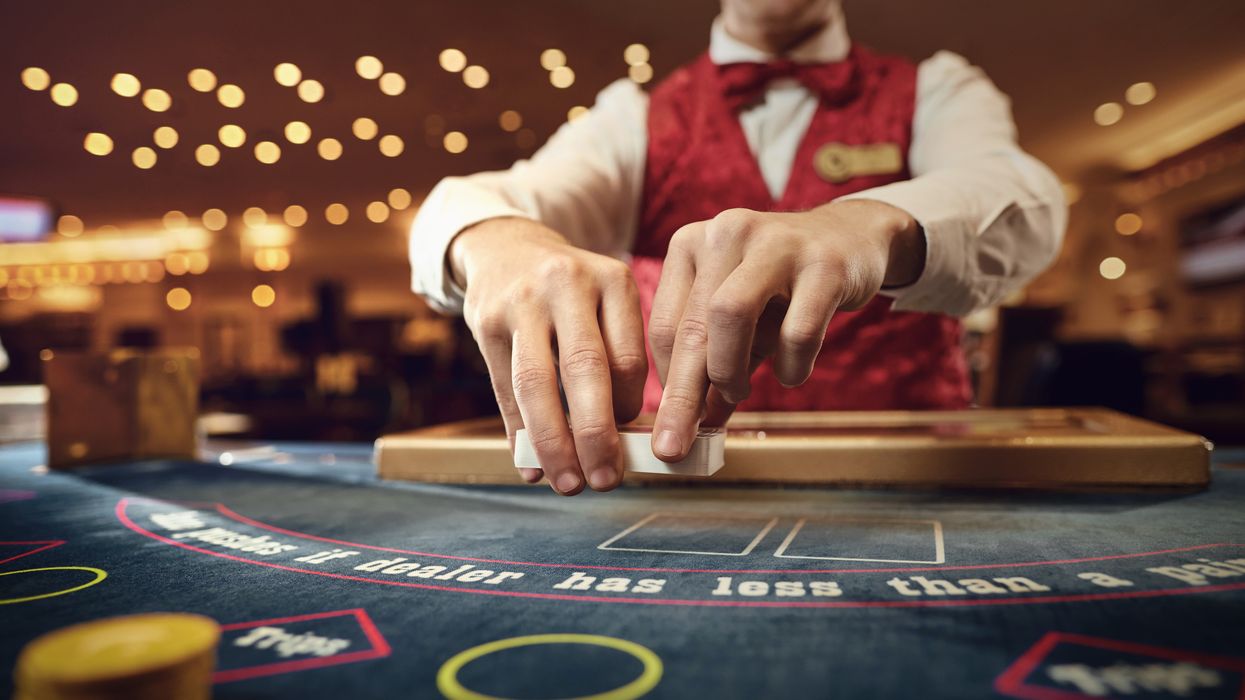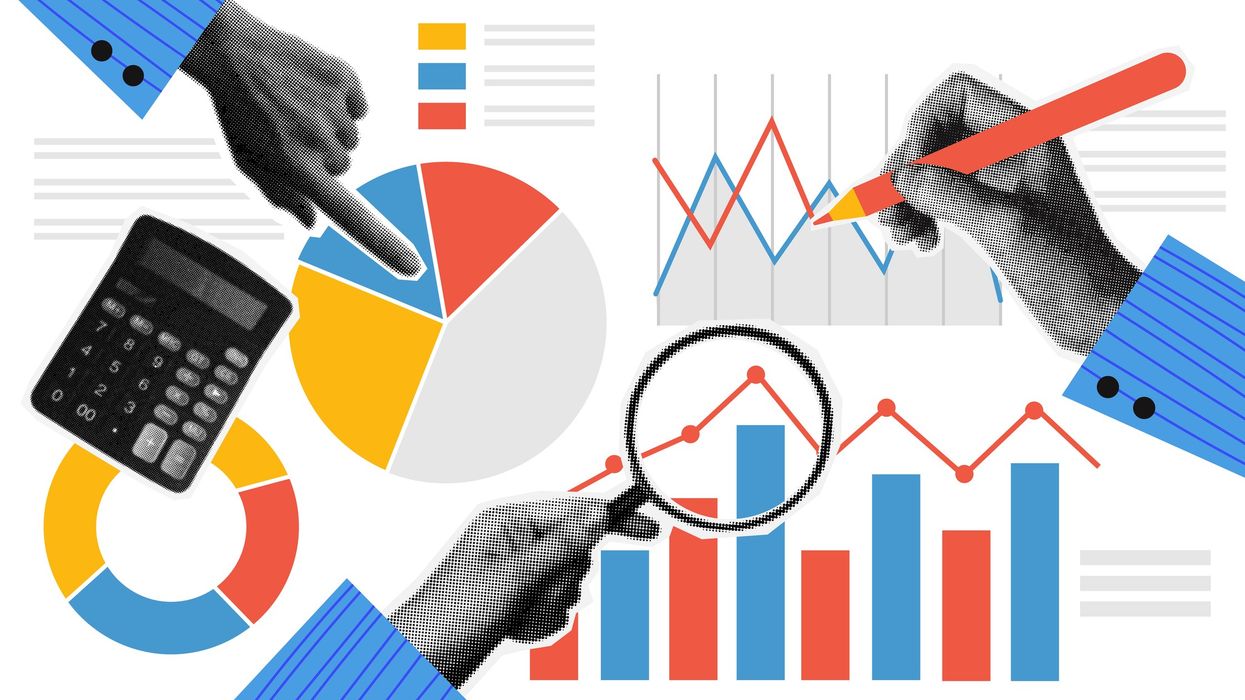Venturing into the realm of airline compensation can often feel overwhelming for numerous travellers. Regarding Iberia, one of Spain's premier airlines, it accommodated an impressive 88.4 million travellers in 2022. With such a vast number of travellers, it's unavoidable that some will encounter interruptions and flight cancellation process and might thus qualify for recompense.
In this article, we'll explore the details of Iberia's recompense guidelines, ensuring you're adequately prepared to advocate for your entitlements and manoeuvre the claim procedure efficiently.
Understanding Your Rights as an Iberia Passenger
Iberia, akin to other carriers functioning within the European Union, adheres to the EU Regulation 261/2004. This directive asserts that travellers have a right to Iberia claim compensation in situations of notable flight postponements, terminations, or cases of refused boarding, as long as the disturbances weren't instigated by exceptional events outside the airline's influence.
Moreover, the recompense sum fluctuates based on the flight span and the extent of the postponement. For instance, shorter intra-European flights might have a different compensation amount compared to long-haul transatlantic flights. It's also worth noting that apart from monetary compensation, the regulation ensures that passengers are provided with assistance, including meals, refreshments, and accommodation if necessary, during extended delays.
Iberia's Responsibilities to Passengers
Following EU Regulation 261/2004, Iberia is obligated to offer recompense and support to travellers during substantial flight postponements, terminations, or instances of denied boarding, provided these interruptions aren't due to exceptional events outside the airline's influence.
This implies that if a flight is postponed for numerous hours or faces a flight cancellation process without earlier warning, travellers are not just eligible for financial recompense but also for basic amenities like food, drinks, and lodging, contingent on the length of the delay.
Furthermore, Iberia is committed to maintaining transparent communication with its passengers. In the event of any disruptions or rescheduling a flight, the airline is obligated to inform passengers about the nature of the delay or cancellation and their associated rights. This includes providing details about compensation eligibility, alternative flight options, and the process for filing claims.
Filing a Claim for Compensation with Iberia
Follow these steps to file a compensation claim for an Iberia disrupted flight:
- Visit the official website: Navigate to Iberia's official website and locate the "Claim for Compensation" form under the "Customer Support" or "Help" section.
- Enter flight and personal details: Provide essential details about the disrupted flight, including flight number, date of travel, and your personal information.
- Describe the incident: Briefly explain the nature of the disruption, such as a delay or cancellation, and attach any supporting documents like boarding passes or receipts.
- Submit the form: After reviewing all the information for accuracy, submit your claim.
- Monitor and follow up: Wait for Iberia's response, and if necessary, follow up with their customer service or consider seeking external assistance for unresolved claims.
Frequently Asked Questions (FAQs)
What types of flight disruptions qualify for compensation from Iberia?
Passengers may qualify for compensation if they experience flight delays of over 3 hours, cancellations without prior notice, or denied boarding due to overbooking, provided the disruptions weren't caused by extraordinary circumstances.
How much compensation can I expect for a disrupted flight?
The recompense sum fluctuates depending on the flight's length and the type of interruption, spanning from €250 for brief journeys to as much as €600 for extended flights.
How long does it typically take for Iberia to process a compensation claim?
While processing times can vary, passengers can generally expect a response within 6-8 weeks. However, complex cases might take longer.
Can I claim compensation if I experienced a disruption on a connecting flight with Iberia?
Yes, if you booked the connecting flights under one reservation and the disruption caused you to reach your final destination over 3 hours late, you might be eligible for compensation.
What should I do if my compensation claim is rejected by Iberia?
If Iberia rejects your claim and you believe you're entitled to compensation, you can escalate the matter to a national enforcement body or seek legal advice to pursue your claim further.
In conclusion
In the ever-changing world of aviation, disturbances can occasionally occur, and rescheduling a flight might become necessary. Nonetheless, as travellers, it's vital to recognize our entitlements and the duties that carriers like Iberia hold in our regard. By understanding the compensation process and staying informed, travellers can ensure they are adequately compensated for any inconveniences they might face. Safe travels, and may your journeys be as smooth as possible!


















